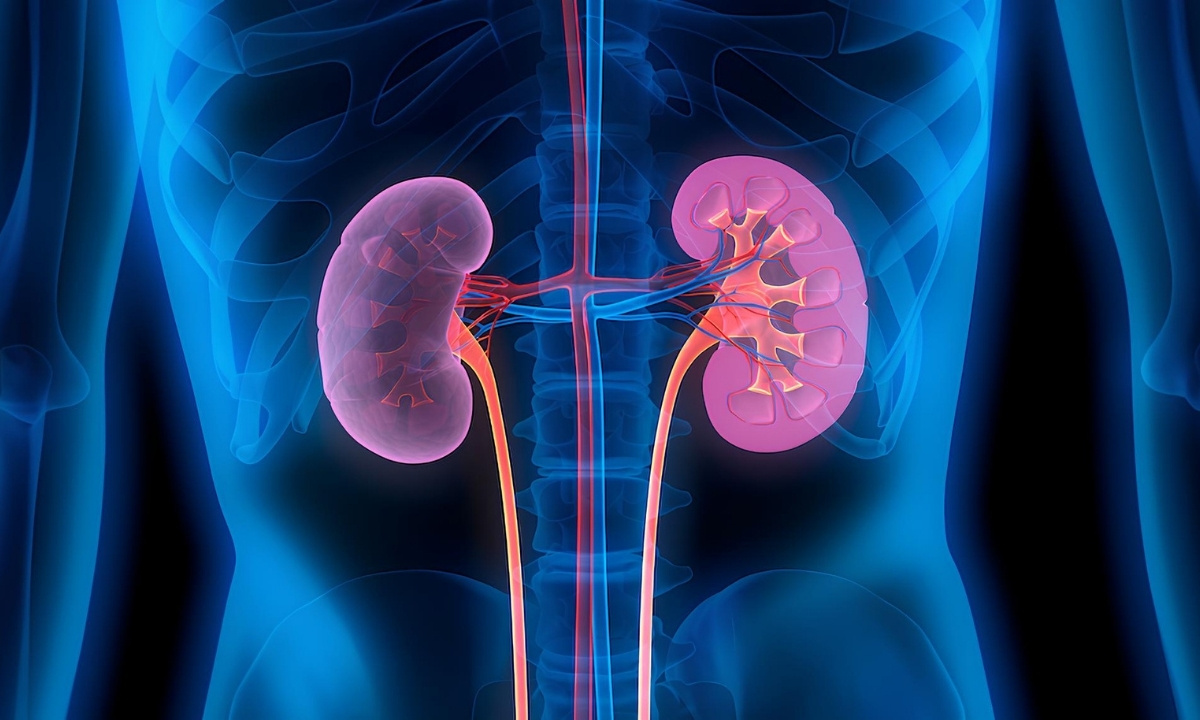
What exactly is a nephron? The nephron is the basic structural and functional unit of the kidney. Each kidney contains about a million nephrons, which work tirelessly to filter blood, remove waste, and balance fluids. Think of nephrons as tiny, intricate machines that keep your body’s internal environment stable. They play a crucial role in maintaining blood pressure, electrolyte balance, and overall health. Without these microscopic units, our bodies would struggle to eliminate toxins and excess substances. Understanding nephrons can give you a deeper appreciation for how your kidneys function and why they are vital for survival. Dive into these 25 facts to learn more about these amazing structures!
What is a Nephron?
A nephron is the basic structural and functional unit of the kidney. Each kidney contains millions of these tiny filtering units. They play a crucial role in removing waste products and excess substances from the blood, maintaining overall body fluid balance.
-
Nephrons filter blood: Each nephron filters blood to remove waste, excess substances, and fluids, turning them into urine.
-
Two main parts: A nephron consists of two main parts: the renal corpuscle and the renal tubule.
-
Renal corpuscle components: The renal corpuscle includes the glomerulus and Bowman's capsule.
-
Glomerulus function: The glomerulus is a network of capillaries that filters blood plasma.
-
Bowman's capsule role: Bowman's capsule surrounds the glomerulus and collects the filtered fluid.
How Nephrons Work
Understanding how nephrons work helps in grasping their importance in kidney function. They perform complex processes to ensure the body maintains a stable internal environment.
-
Filtration process: Blood enters the nephron through the glomerulus, where filtration occurs.
-
Reabsorption: Essential substances like glucose, amino acids, and water are reabsorbed back into the bloodstream in the renal tubule.
-
Secretion: Waste products and excess ions are secreted into the tubule from the blood.
-
Excretion: The final product, urine, is excreted from the body through the ureters, bladder, and urethra.
-
Selective permeability: Nephrons have selectively permeable membranes that allow certain substances to pass while blocking others.
Types of Nephrons
Not all nephrons are identical. There are different types, each with specific functions and locations within the kidney.
-
Cortical nephrons: These are located in the outer part of the kidney and make up about 85% of all nephrons.
-
Juxtamedullary nephrons: Found near the kidney's medulla, these nephrons have longer loops of Henle and are crucial for concentrating urine.
-
Loop of Henle: This part of the nephron extends into the medulla and plays a key role in water and salt reabsorption.
-
Proximal convoluted tubule: Located in the cortex, this tubule reabsorbs most of the filtered substances.
-
Distal convoluted tubule: This tubule fine-tunes the reabsorption and secretion processes.
Nephron Function in Health and Disease
Nephrons are vital for maintaining health, but they can also be affected by various diseases and conditions.
-
Regulating blood pressure: Nephrons help regulate blood pressure by controlling the volume of blood and the amount of sodium in the body.
-
Acid-base balance: They maintain the body's acid-base balance by excreting hydrogen ions and reabsorbing bicarbonate.
-
Chronic kidney disease: Damage to nephrons can lead to chronic kidney disease, reducing the kidneys' ability to filter blood effectively.
-
Diabetes impact: High blood sugar levels in diabetes can damage nephrons, leading to diabetic nephropathy.
-
Hypertension effect: High blood pressure can strain nephrons, causing them to lose their filtering ability over time.
Interesting Nephron Facts
Nephrons have some fascinating characteristics and capabilities that highlight their importance in the human body.
-
Millions of nephrons: Each kidney contains about one million nephrons.
-
Daily filtration: Nephrons filter around 180 liters of blood plasma daily, though only about 1.5 liters of urine are produced.
-
Regenerative capacity: Unlike some cells, nephrons have limited regenerative capacity, making kidney damage often irreversible.
-
Hormonal regulation: Hormones like aldosterone and antidiuretic hormone (ADH) regulate nephron function, affecting water and sodium reabsorption.
-
Evolutionary adaptation: Nephrons have evolved to efficiently manage water and waste, crucial for survival in various environments.
The Marvel of Nephrons
Nephrons are tiny but mighty. They play a crucial role in keeping our bodies healthy by filtering blood, removing waste, and balancing fluids. Each kidney houses about a million nephrons, working tirelessly to ensure we stay in tip-top shape. These microscopic structures are like the body's natural filtration system, making sure harmful substances are flushed out while retaining essential nutrients.
Understanding how nephrons function can help us appreciate the importance of kidney health. Drinking plenty of water, eating a balanced diet, and avoiding excessive salt can support nephron function. Regular check-ups can catch potential issues early, ensuring these vital structures continue to work efficiently.
So, next time you drink a glass of water or enjoy a healthy meal, remember the incredible work your nephrons are doing behind the scenes. They might be small, but their impact on our health is enormous.
Was this page helpful?
Our commitment to delivering trustworthy and engaging content is at the heart of what we do. Each fact on our site is contributed by real users like you, bringing a wealth of diverse insights and information. To ensure the highest standards of accuracy and reliability, our dedicated editors meticulously review each submission. This process guarantees that the facts we share are not only fascinating but also credible. Trust in our commitment to quality and authenticity as you explore and learn with us.
